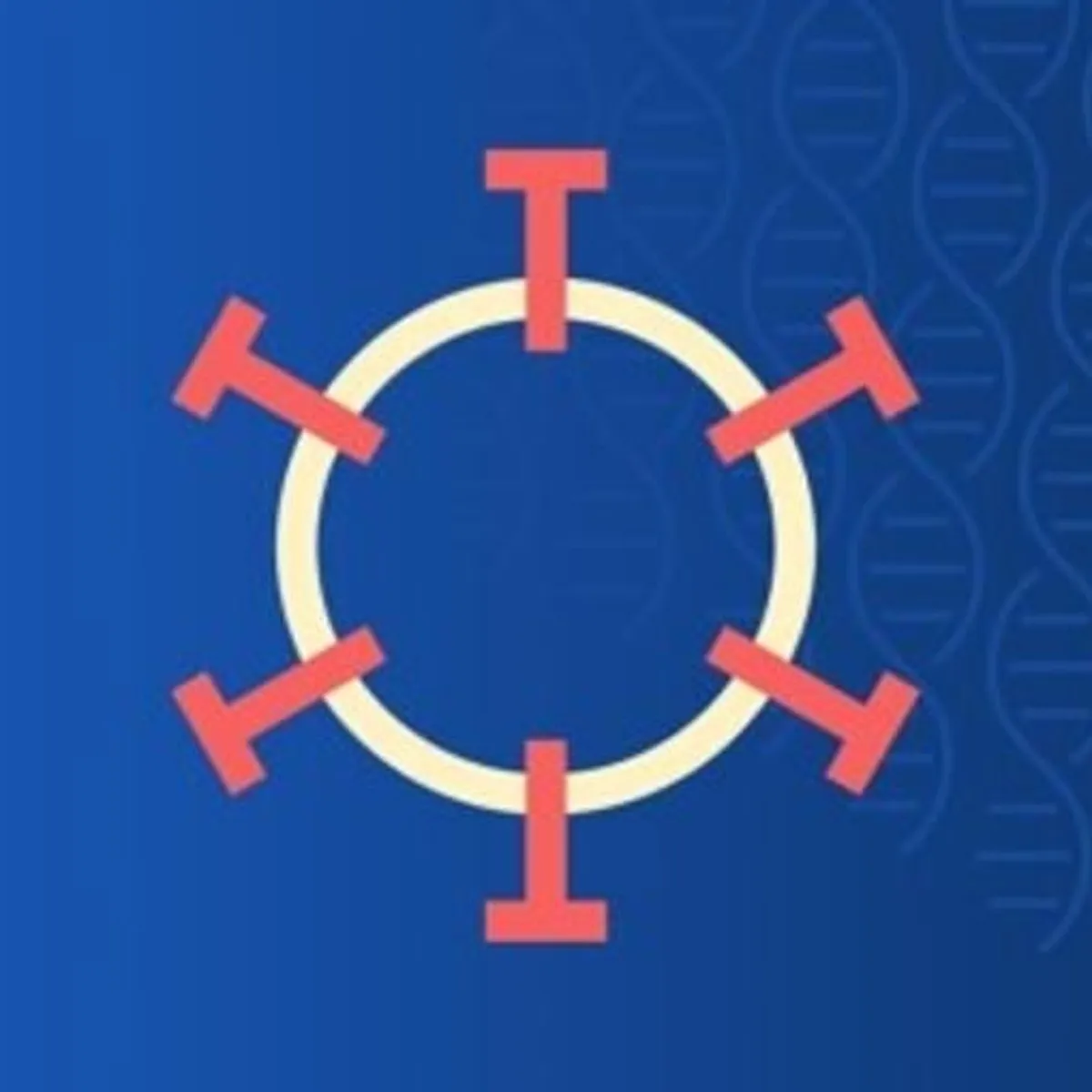Scientific fact-checking using AI language models: COVID-19 research and beyond

Fact or fiction? That’s not always an easy question to answer. Incomplete knowledge, context and bias typically come into play. In the nascent domain of scientific fact checking, things are complicated.
If you think fact-checking is hard, which it is, then what would you say about verifying scientific claims, on COVID-19 no less? Hint: it’s also hard — different in some ways, similar in some others.
Fact or Fiction: Verifying Scientific Claims is the title of a research paper published on pre-print server Arxiv by a team of researchers from the Allen Institute for Artificial Intelligence (AI2), with data and code available on GitHub. ZDNet connected with David Wadden, lead author of the paper and a visiting researcher at AI2, to discuss the rationale, details, and directions for this work.
Although the authors of the paper refer to their work as scientific fact-checking, we believe it’s important to clarify semantics before going any further. Verifying scientific claims refers to the process of proving or disproving (with some degree of certainty) claims made in scientific research papers. It does not refer to a scientific method of doing “regular” fact-checking.
Fact-checking, as defined by the authors, is a task in which the veracity of an input claim is verified against a corpus of documents that support or refute the claim. A claim is defined as an atomic factual statement expressing a finding about one aspect of a scientific entity or process, which can be verified from a single source. This research area has seen increased attention, motivated by the proliferation of misinformation in political news, social media, and on the web.



